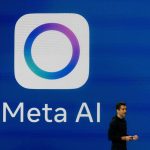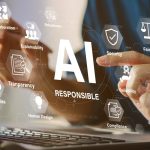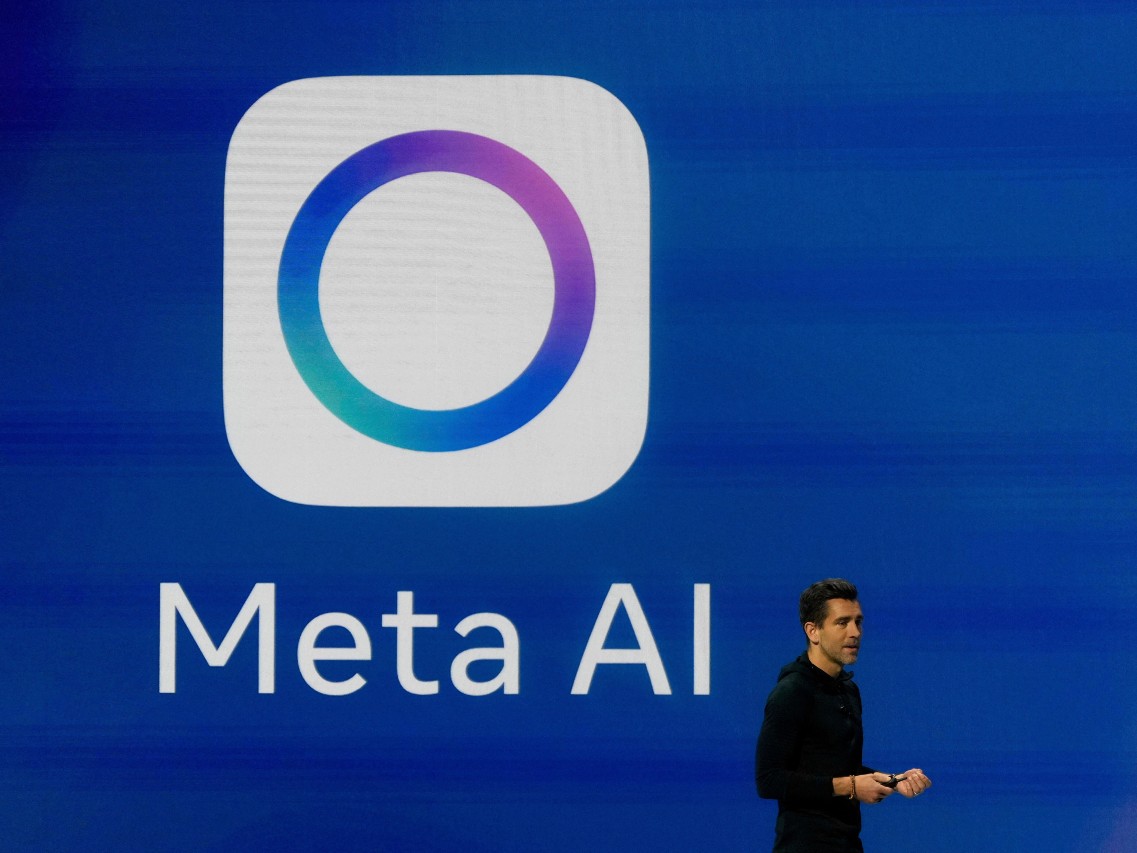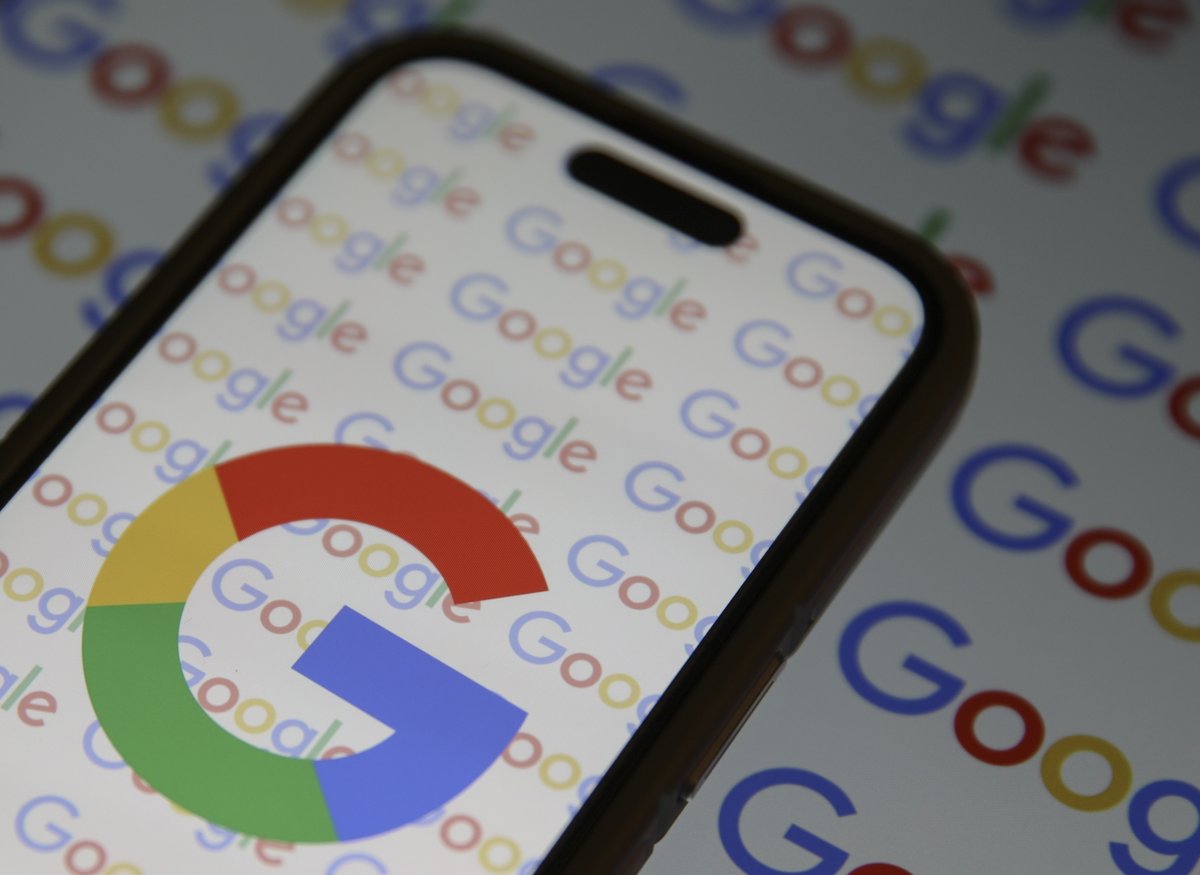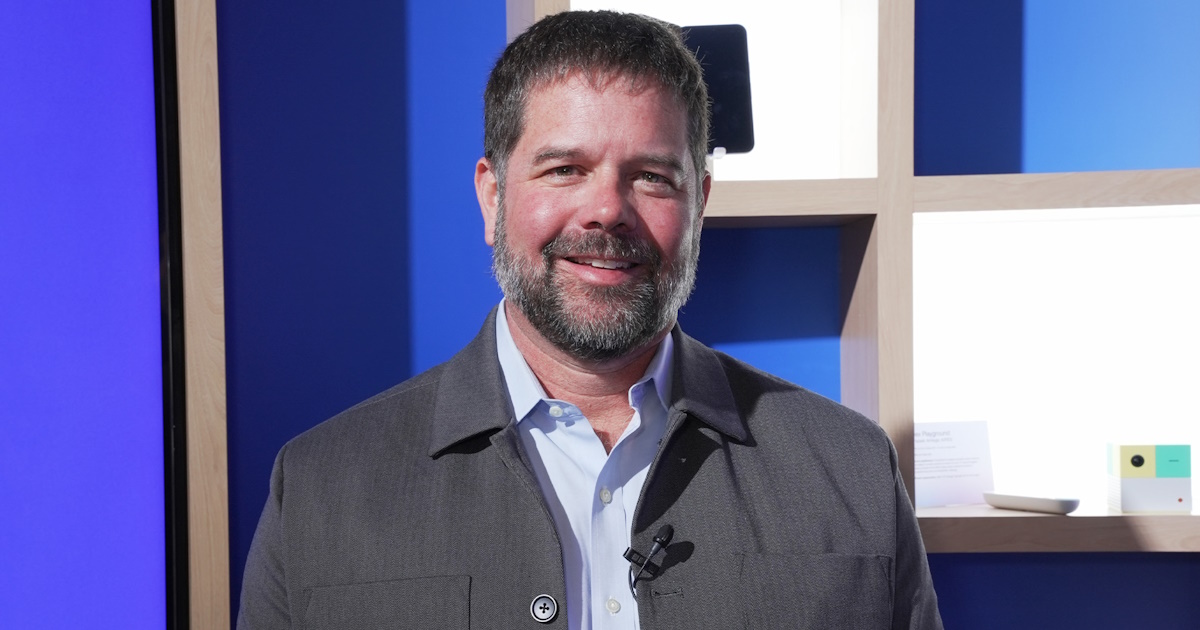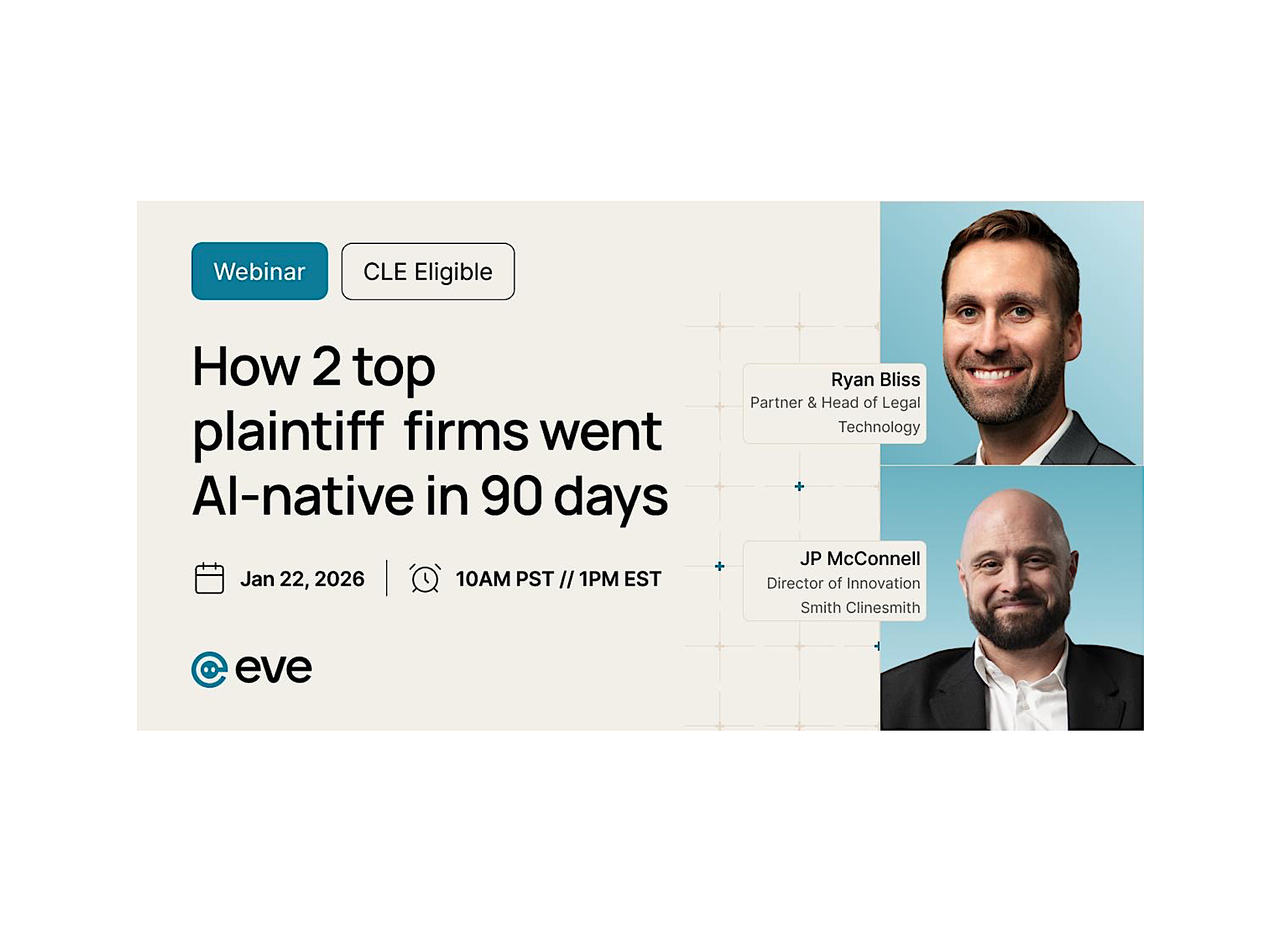Public discourse about the value of a computer science degree has long focused on the promise of six-figure salaries and a secure career path. Today, securities about a computer science education tells a different story, one where coding is no longer a guaranteed path to employment.
Although we have seen first-hand how recent college graduates struggle to find their first jobs, focusing attention on the currently declining professional value of computer science education ignores the broader story of its urgent utility in the lives of young people. When we discourage young people from learning to code or pursuing computer science, we limit their agency and capabilities in a world where technological knowledge is increasingly essential across all sectors.
Learning to code has never been a golden ticket to professional success. Students apply the coding skills they learn to different disciplines, industries, and endeavors in their lives. Tech literacy isn’t just about coding skills, but also abilities like computational and critical thinking that help students build confidence and trust their voice.
The rise of AI has caused a rapid decline in entry-level tech jobs for young people. Therefore, aside from computer science graduates not getting the coveted jobs they hoped for, they have fewer opportunities to shape AI development and engage with AI in the workplace.
The result: a generation gap in AI. A generation of young people are being told that AI is the future, but they are being excluded from the rooms where it is created and used. We need these voices and talents to shape the future of this essential technology. Young people should help determine how fair, ethical and useful AI will actually be.
Tejasvi and Trisha are among the many students in our community who have used their computer science skills to solve complex problems facing their friends, their community, and the world. Tejasvi Manoj was recently named TIME Kid Of The Year for his startup Shield Seniors, an initiative that uses AI to protect seniors from cybercrime. Trisha Prabhu was featured on Shark Tank for her app ReThink, which uses AI to detect and prevent cyberbullying. Tejasvi and Trisha embody the unique youth perspective, energy and ambition that emerging technologies need to design innovative solutions to big challenges.
We are living in a time of opportunity, not only for our young people, but also for AI. We need the involvement of our young people if we want AI to be shaped by the boldest and brightest and solve society’s most intractable problems. Youth perspectives are crucial to the future of AI, and computer science training will be essential to empowering our youth.
Every day, workers use computing in industries ranging from financial services to international relations, art and healthcare. They demonstrate the scope and relevance of the discipline. We must promote and amplify the achievements of young people and actively counter a discourse of powerlessness and disempowerment. Young people need our encouragement and guidance as the tech jobs landscape evolves. We must advocate for them to have the opportunity to learn the skills and develop the tools they need to solve today’s problems and prepare for tomorrow’s jobs.
